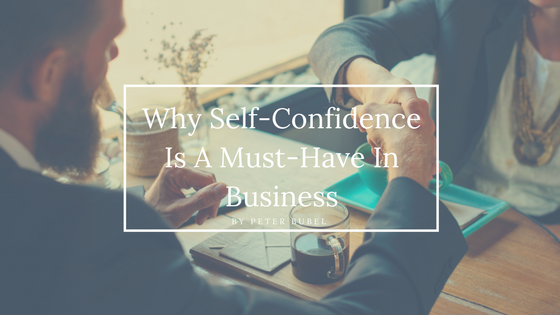Beginning at a very early age, we start to hear about confidence and self-esteem. We hear people say they don’t have it or hear of others who have too much of it. As we age, we begin to notice our own confidence and how it impacts our daily lives.
As much as we hear, talk, and think about confidence, many people still lack a full understanding of what confidence is and what it’s potential effect could be on daily choices and actions.
Confidence is defined in many different ways. One definition of confidence is the belief in one’s worth and likelihood of succeeding. Another interpretation is how firmly you believe in your capabilities to learn new skills, perform at a certain level, or attain a goal. While everyone can go through moments of low self-confidence, everyone can also acquire high self-confidence. Rather than being a trait that some have and others don’t, confidence is a skill that any person can build.
Self-confidence is one of the most significant contributors to performance in business and success. For instance, someone could work ten years as a welder, learn every aspect of the trade and have all the skills and experience required to take on a management position. If that person doesn’t believe that they are experienced and competent, they will most likely not apply for the job. If you are confident, you will experience more positive emotions, such as motivation and focus. Whereas, if you lack self-confidence, you’ll experience more negative emotions like distraction and stress.
Here a three key areas to begin building self-confidence:
- Permission From Self- When building self-confidence, it is essential to be aware of your goals before jumping in. Before attempting to obtain a goal or achieve a task, you have to permit yourself to not give up no matter what the outcome may be. Rather than focusing on your knowledge or what the potential result might be, focus on doing your best and working as hard as you can. Each time this is completed, it is a small step towards increased confidence.
- Physical Well-Being- It is no secret that a full stomach, a full night’s rest, and daily exercise increases happiness, which leads to higher self-confidence. When we felt well-rested and our bodies have the nutrition they need, it comes out in our work. Our productivity is higher, our voices are better projected, and our smiles are more genuine.
- Self-Talk- Every day, we say things to ourselves, regardless if we are aware of it or not. If you don’t think you do this, take a few days to be observant about the things you think after a compliment or an accomplishment. Are you praising your hard work? Or do you downplay the recognition you receive? Self-talk affects how one’s coping skills, mindset, attitude, daily experiences, and perceptions, as well as how one handles rejection.
While confidence is a crucial component to success, it is good news that anyone can build their confidence on their own. With the usage of awareness and practice, confidence is a developed skill that anyone can possess.

